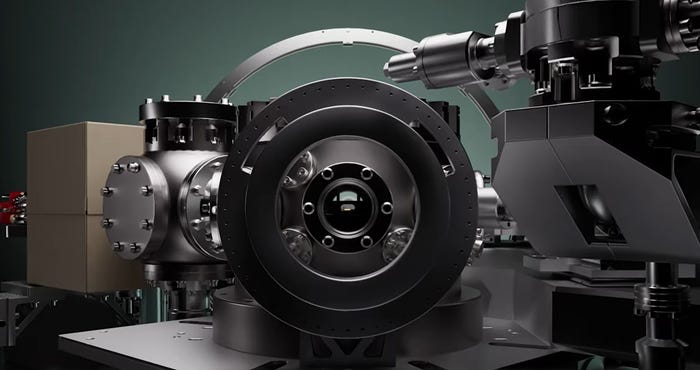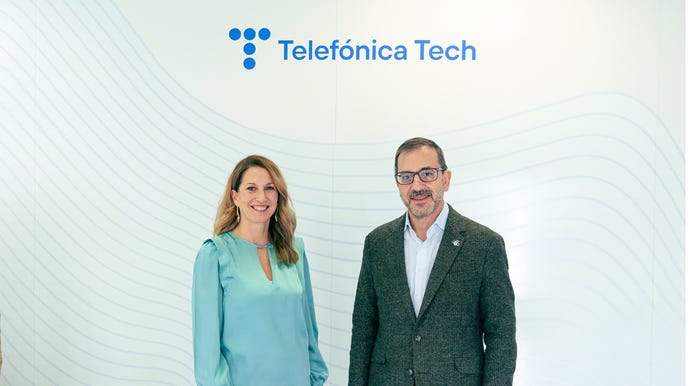
Connects decision-makers and solutions creators to what's next in quantum computing
Google Demonstrates Quantum Error Correction MilestoneGoogle Demonstrates Quantum Error Correction Milestone
Company claims “logical qubits” could enable commercially viable quantum computer

Quantum computers need to be bigger and more powerful to be commercially viable. However, as quantum chips introduce more qubits, more errors are introduced.
To program any computer, bits must remember the state they are put in by the program, but qubits are error-ridden and “forgetful” – the moment they are observed, their superposition is collapsed, and they become a one or zero.
Quantum error correction is a way of organizing qubits in such a way to build a bigger, less error-prone system and eventually scale to a very large system that can solve business problems. The challenge is that qubits need to be protected from interacting with the surrounding environment but must respond to the signal being sent to them via a program.
A Google Quantum AI research team has addressed the problem by grouping qubits into one logical qubit instead of working on the physical qubits. They found a logical qubit made from 49 physical qubits was able to outperform one made from 17 qubits. In essence, they achieved a slightly lower error rate from a larger array of qubits than from a smaller array.
The researchers used a multi-tiered approach to optimize the results, tweaking all components of the quantum process and hardware, including operations, decoding, wiring and even refrigeration.
According to Google, this proves for the first time that quantum error correction works not only in theory but also in practice, opening the door to creating larger, more powerful quantum computers in the future.
In a blog post relating to the breakthrough, Google and Alphabet CEO Sundar Pinchar said: “I am inspired by what quantum computing could mean for the future of our users, customers and partners, and the world. We’ll continue to work towards a day when quantum computers can work in tandem with classical computers to expand the boundaries of human knowledge and help us find solutions to some of the world’s most complex problems.”
Google published the results of its experiment in Nature.
About the Author
You May Also Like






